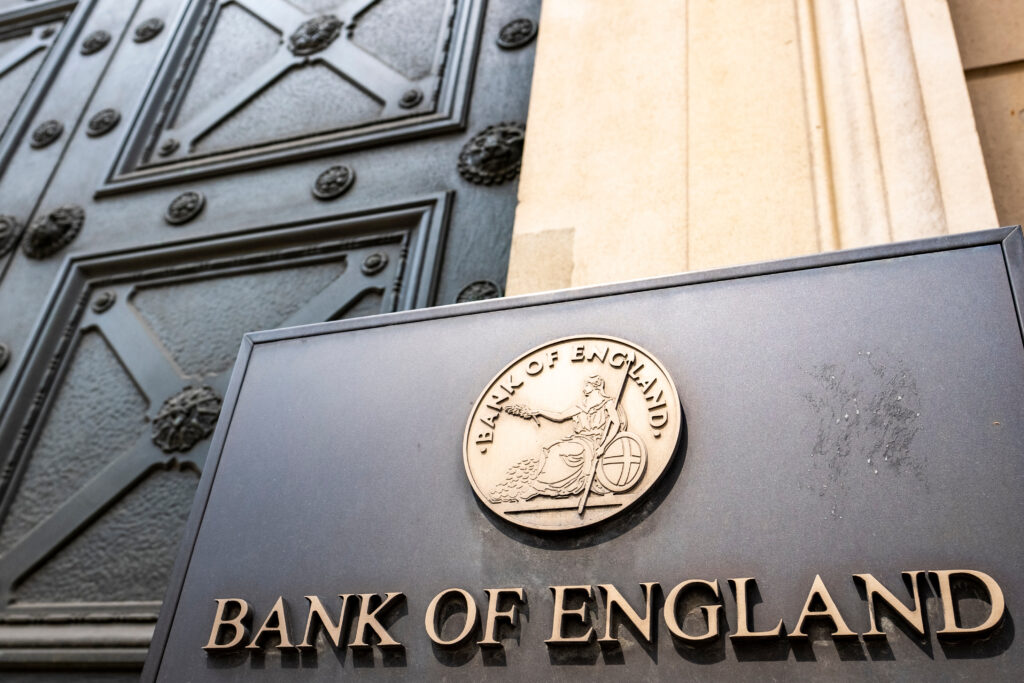Former members of the Bank of England’s monetary policy committee (MPC) have called on governor Andrew Bailey to scale back or halt the central bank’s bond-selling programme, warning it is adding to record-high government borrowing costs.
Britain’s long-term borrowing rates have reached their highest level in 27 years, creating major challenges for chancellor Rachel Reeves ahead of the 26 November autumn budget. While the Bank has cited global pressures – including Donald Trump’s trade war and political pressure on the US Federal Reserve – it has also admitted its £100bn programme of bond sales is contributing to higher yields.
The Bank is expected to keep interest rates unchanged at 4% this week but could signal a slowdown in quantitative tightening (QT) for the next 12 months. Former MPC members, including Michael Saunders and Sushil Wadhwani, argued the current pace of active sales risks pushing yields higher and urged a shift to a more passive strategy, allowing bonds to mature rather than selling them at a loss.
The Bank still holds around £560bn in government bonds, down from a peak of £895bn during the QE era. Investors expect QT to be scaled back to about £70bn for the coming year. Cutting sales could reduce pressure on the gilt market and save the Treasury billions, according to the IPPR thinktank, though critics warn it is not the Bank’s role to ease the chancellor’s budget challenges.
Wadhwani stressed that high long-term yields damage confidence in the UK economy: “The 30-year yield has a significant impact on confidence. I have foreign investors bring it up all the time.”
While scaling back QT could save the Treasury more than £10bn annually, the Bank faces costs from paying more on commercial bank reserves than it earns from its bond holdings. Some economists have suggested taxing banks’ windfall profits or lowering the interest paid on reserves to ease the pressure.


